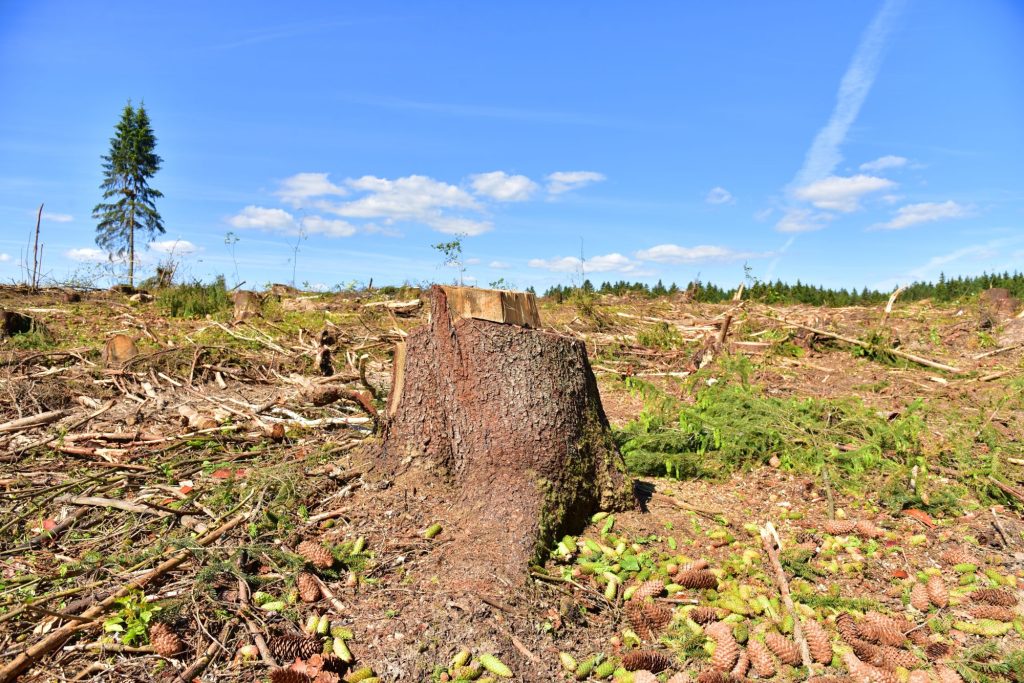First 24 Bezos Earth Fund AI grantees tackle food waste, carbon removal and more
The Amazon founder has allocated up to $100 million to its AI Challenge for Climate and Nature. Read More

-
- The fund is betting that three areas — sustainable proteins, biodiversity protection and power grids — can benefit most from its AI fund.
-
- Successful projects are deploying drones, chatbots and protein design to tackle challenges in these domains.
-
- In all, the Bezos Earth Fund has committed to disbursing $10 billion.
It often feels like there’s no area of business that artificial intelligence isn’t about to disrupt. But for those interested in focusing attention on where the technology might have particular impact, a slew of grants from the Bezos Earth Fund provides useful pointers.
The fund has allocated up to $100 million to its AI Grand Challenge for Climate and Nature, designed to identify and accelerate projects that leverage artificial intelligence to tackle pressing environmental challenges. The first recipients, 24 of which received $50,000 each, were announced last week in the areas of sustainable proteins, biodiversity and power grid optimization.
Moving the needle
The philanthropy, founded by Jeff Bezos in 2020 with a remit to distribute $10 billion in a decade, had previously worked with academic experts to select the three focus areas. Among the selection criteria was the requirement that AI had been applied to create initial prototypes in the domain, explained Amen Ra Mashariki, the fund’s director of AI data and strategies, who added that “a nice nudge with investment and engagement would really scale and move the needle.”
The projects are early-stage by the standards of corporate partnerships, but they signpost future developments worth tracking. Among the successful applicants were:
- A tool being developed by the University of Leeds in the U.K. that will aid in the transformation of food waste into protein by identifying ideal microbes and fermentation settings.
- OLiMPuS, a project from Wageningen University in the Netherlands to build an open-source AI platform to discover plant and fermented proteins that mimic the texture of milk and meat. The platform is designed to accelerate the development of animal-free alternatives and replace trial-and-error approaches with data-driven design.
- A drone imagery tool that deploys AI to monitor over 500 threatened timber species and detect illegal logging. The system, known as BGCI-US, will offer real-time enforcement data to protect global forests.
- Simulations of carbon removal strategies, including ocean alkalinity enhancement, developed by Yale University. By speeding up site selection and impact modeling, the simulations have the potential to accelerate deployment of these climate solutions.
- A Cornell University AI platform that manages electric vehicle charging and discharging in real time, transforming vehicles into a distributed energy storage system. The tool aims to align EV use with grid demand to scale storage of renewable energy.
- Livestock GPT, a generative AI system to support methane reduction on dairy farms, starting with an open methane data platform. The system, also developed by Cornell University, includes a chatbot that will provide feed and management advice to farmers, particularly in emerging economies.
The organizations will now work with outside experts to develop more detailed proposals for how they will use AI, which must be submitted next month. “We will then select up to 15 to receive $2 million to implement that work,” said Ra Mashiriki.
The full list of grants for the AI Grand Challenge, together with other recipients of the $2.7 billion disbursed so far by the fund, is available on the organization’s programs page.
[Join a vibrant community of leaders and innovators driving cutting-edge tools, business strategies, and partnerships to protect and regenerate nature at Bloom, Oct. 28-30, San Jose.]

Subscribe to Trellis Briefing
Featured Reports

The Premier Event for Sustainable Business Leaders
















